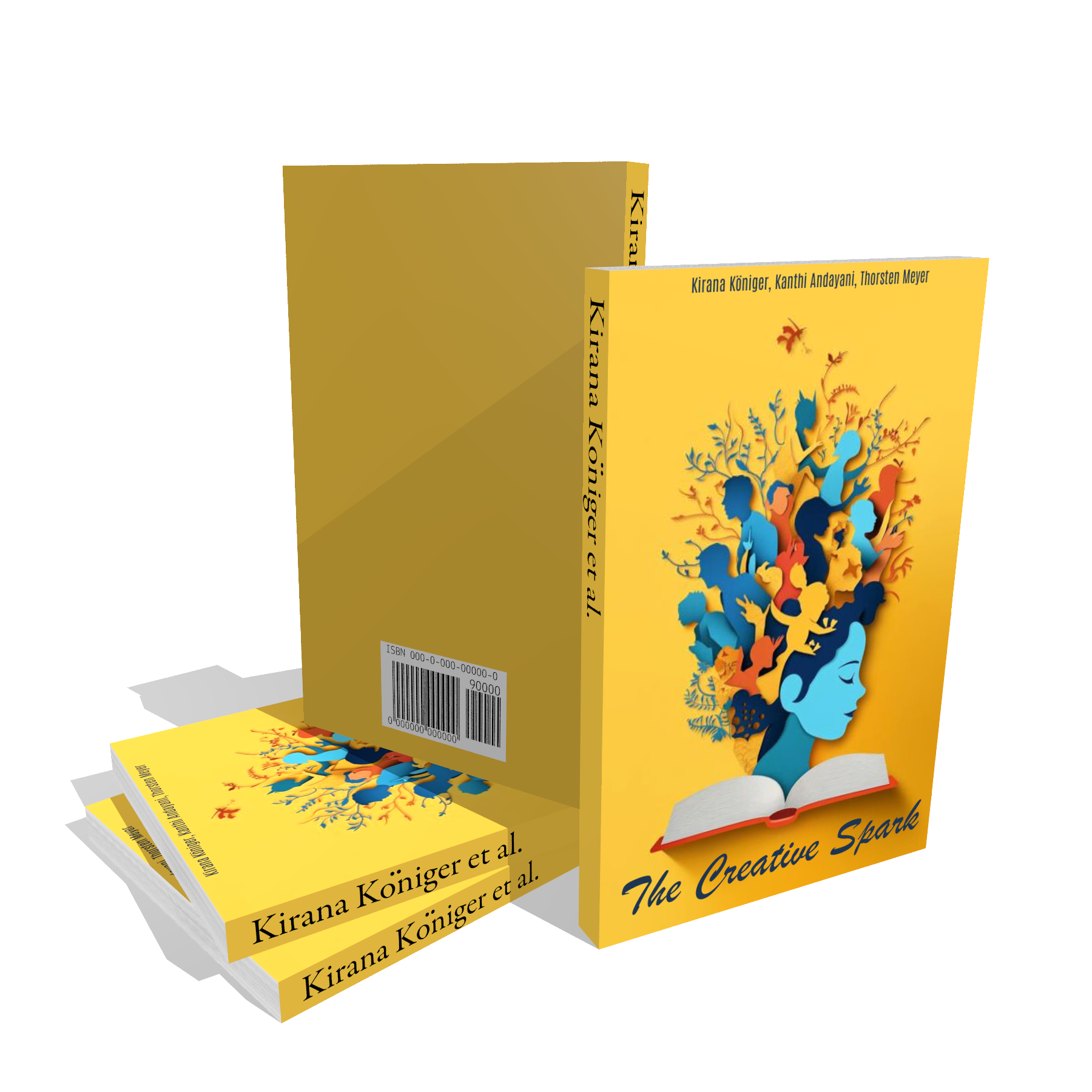Feeling trapped in a never-ending breakup can be tough, leaving you lost in emotions of uncertainty and heartbreak. Emotional attachments might be holding you back, making it hard to let go. Toxicity in relationships can hinder personal growth, but recognizing signs of lingering residue is key. Healing past hurts through forgiveness and therapy can aid in moving forward. Overcoming the fear of letting go is a journey, but seeking support and embracing the unknown can help. Remember, rebuilding self-worth and confidence is vital for your well-being. There are strategies and tips to discover for breaking free and moving towards a brighter future.
Key Takeaways
- Recognize signs of toxicity and emotional attachment prolonging the breakup.
- Seek therapy to address underlying issues and facilitate closure.
- Set clear boundaries and practice self-care to break free.
- Embrace the unknown for personal growth and healing.
- Trust in courage and self-assurance to move forward confidently.
Emotional Attachments Holding You Back
Emotional attachments from toxic relationships can hinder your ability to move forward and find emotional freedom. The time spent nurturing these attachments can make letting go seem like an insurmountable task.
It's understandable why breaking free from these emotional ties is challenging; your heart and mind have become accustomed to the toxic patterns that once defined the relationship. The memories, the emotions, the familiarity – all contribute to a sense of comfort even in toxicity.
However, holding on to these emotional attachments can keep you trapped in a cycle of pain and prevent you from experiencing the happiness and peace you deserve. It's important to recognize that healing takes time. The process of letting go doesn't happen overnight.
It's okay to feel the weight of these emotional attachments, but it's also vital to take small steps towards freeing yourself from them. By acknowledging your emotions and seeking support, you can gradually release the hold toxic relationships have on you, paving the way for a brighter, emotionally liberated future.
Breaking the Cycle of Toxicity

Have you ever wondered how to escape the cycle of toxicity in your relationships? Breaking free from toxic relationships can be challenging, especially when emotional attachments and ingrained patterns hold you back. It's essential to recognize the signs of toxicity and take proactive steps towards breaking the cycle.
| Signs of Toxic Relationships | Ways to Break the Cycle |
|---|---|
| Constant criticism and control | Seek therapy or counseling |
| Feeling drained and unhappy | Practice self-care and set boundaries |
| Lack of trust and respect | Surround yourself with supportive people |
To break free from toxic relationships, start by acknowledging your worth and value. Letting go of emotional attachments can be difficult but necessary for your well-being. Seek professional help if needed, as reprogramming your mind and building a healthy relationship with yourself is key to moving forward. Remember, breaking the cycle of toxicity is a journey towards self-love and healing.
Signs of Lingering Relationship Residue
Feeling stuck in the aftermath of a past relationship is tough.
Those persistent thoughts about your ex and the emotional rollercoaster they bring can be overwhelming.
Recognizing these signs is the first step towards healing and moving forward.
Unresolved Feelings Linger
Residual traces of past relationships often linger, subtly influencing your present emotions and behaviors. Lingering unresolved feelings can create emotional purgatory, trapping you in a cycle of longing and struggle. Signs of these lingering relationship residues include unresolved conflicts, emotional triggers, and a sense of being stuck. It's normal to feel nostalgic or find it hard to move forward when these emotions linger.
To help you understand better, here's a breakdown of how lingering feelings might be showing up in your life:
| Signs of Lingering Relationship Residue |
|---|
| Persistent thoughts about the ex-partner |
| Nostalgia for the past |
| Difficulty in moving forward |
| Feeling trapped in emotional purgatory |
Recognizing these signs is the first step towards healing and growth. Remember, it's okay to seek support from friends, family, or a counselor to navigate through these unresolved feelings. You deserve to break free from this emotional limbo and embrace a brighter future.
Communication Breakdown Persists
Persistent communication breakdowns are a common indicator of lingering relationship residue. When unresolved conflicts linger, they often manifest as ongoing misunderstandings and an inability to communicate effectively. In post-breakup scenarios, difficulty in addressing emotions and concerns can further exacerbate the communication breakdown, prolonging the cycle of misunderstandings. Lingering relationship residue can create a barrier to closure, as the unresolved issues continue to fester due to the breakdown in communication.
If you find yourself stuck in a cycle of miscommunication with your ex-partner, it's important to recognize that this could be a sign of lingering relationship residue. Taking the time to reflect on the unresolved conflicts and seeking clarity through open and honest communication can be a significant step towards breaking free from this cycle.
Emotional Attachments Hinder
When emotional attachments linger after a breakup, they can greatly impede the process of moving on from toxic relationships. Lingering emotional attachments act like invisible chains, holding you back from embracing a fresh start.
Signs of relationship residue may manifest in various ways, such as constantly revisiting negative memories or feeling trapped in a cycle of emotions. You might find yourself numb to new experiences, keeping your heart guarded to prevent further hurt. These lingering emotional ties can trigger fight or flight responses, making it challenging to break free from the past.
It's important to recognize these signs and work towards reprogramming your emotions. Building a healthy mind-body connection is key to untangling yourself from the web of toxic feelings.
Healing Past Hurts and Betrayals

Hey there, it's tough carrying around the weight of past hurts and betrayals, but remember, forgiveness isn't just for others; it's a gift you give yourself to move forward.
Releasing that emotional baggage can be liberating, allowing you to create space for healing and growth.
Forgiving for Moving on
To heal from past hurts and betrayals in relationships, forgiving is an essential step that can help you release emotional burdens. Forgiveness isn't about excusing the pain caused or pretending that everything is okay. It's about freeing yourself from the weight of resentment and anger that holds you back.
By choosing to forgive, you're choosing to prioritize your own well-being and mental health. Research shows that practicing forgiveness can have profound effects on your overall happiness and peace of mind. It's a challenging process, but it's worth the effort.
Consider seeking therapy or writing in a journal to help you navigate through your emotions and facilitate the healing journey. Remember, forgiveness is a gift you give yourself, allowing you to let go of the past and move forward with a lighter heart.
Choosing forgiveness doesn't mean you have to forget what happened; it means you're choosing to no longer let it control your present and future. Embrace this powerful tool to release the emotional burdens that have been weighing you down.
Releasing Emotional Baggage
Healing from past hurts and betrayals involves confronting and letting go of emotional baggage accumulated from previous relationships. Releasing this emotional baggage is crucial for your well-being and ability to fully move on. By acknowledging and addressing the unresolved feelings of hurt, betrayal, and disappointment, you can begin the process of healing. Carrying emotional baggage from past relationships can weigh you down, making it challenging to open up to new connections and experiences. To release this burden, it's important to process and let go of the negative emotions tied to past hurts and betrayals.
| Ways to Release Emotional Baggage | Benefits |
|---|---|
| Seek therapy or counseling | Gain new perspectives and coping strategies |
| Practice self-care and mindfulness | Foster emotional healing and self-awareness |
| Journal your thoughts and feelings | Process emotions and track progress |
| Engage in hobbies and interests | Rediscover joy and passion in life |
| Surround yourself with supportive people | Receive encouragement and understanding |
Overcoming Fear of Letting Go

Facing your fear of letting go is an essential step towards personal growth and emotional well-being in relationships. It's normal to feel hesitant about moving on, especially when uncertainty about the future and the fear of being alone creep in. However, holding onto a relationship solely out of fear can hinder your development and emotional health.
Here are some ways to help you overcome your fear of letting go:
- Acknowledge Your Feelings: Recognize that it's okay to feel scared or uncertain about letting go.
- Seek Support: Talk to friends, family, or a therapist who can offer guidance and understanding.
- Embrace the Unknown: Understand that growth often comes from stepping out of your comfort zone.
- Focus on Self-Care: Prioritize your well-being and do things that bring you joy and peace.
Strategies for Moving Forward

Recognize the importance of implementing strategies for moving forward in a relationship by evaluating the signs of stagnation and acknowledging the impact of loneliness and personal growth. Trust your instincts when you feel like things aren't progressing as they should. Prioritize your personal growth and self-determination. Be mindful of the influence of external factors and focus on making decisions that align with your own values and desires.
Take the time to reflect on your feelings and recognize when you might be holding onto the past out of comfort rather than genuine connection. Embrace the opportunity for personal growth and understand that letting go can sometimes lead to better things ahead. Remember, it's crucial to be comfortable with yourself and not rely on external validation for your happiness.
Moving forward requires courage and self-assurance. Trust yourself, prioritize your growth, and take active steps towards a future that aligns with your true self.
Rebuilding Self-Worth and Confidence

To rebuild your self-worth and confidence after a breakup, focus on nurturing a positive self-image and setting healthy boundaries. Here are some steps to help you on this journey:
- Practice Self-Care: Engage in activities that make you feel good about yourself, whether it's taking a relaxing bath, going for a walk in nature, or indulging in a hobby you love.
- Set Boundaries: Learn to say no to things that don't align with your values or make you uncomfortable. Boundaries are essential for protecting your self-worth.
- Seek Support: Surround yourself with friends, family, or a therapist who can provide encouragement and guidance as you work on rebuilding your confidence.
- Celebrate Your Strengths: Take time to acknowledge your accomplishments and personal strengths. Recognizing your worth can empower you to break free from toxic relationship patterns and embrace a healthier mindset.
Frequently Asked Questions
What Is the Give Him 3 Days Rule?
The 'Give Him 3 Days Rule' suggests waiting before contacting an ex post-breakup. It provides space for reflection and prevents hasty decisions.
During these days, focus on self-care and introspection. This time allows emotions to settle, gaining clarity and perspective.
By following the rule, you can approach communication with a clearer mind and potentially reconnect with your ex on better terms.
What to Do When You Can't Get Over a Breakup?
When you can't get over a breakup, remember you're not alone. Studies show that it takes an average of 11 weeks to start feeling better.
Focus on self-care, like exercise and hobbies, to boost your mood. Connect with friends and family for support.
Give yourself time to heal, but also challenge yourself to grow from the experience. Remember, it's okay to feel sad, but also embrace hope for the future.
You're stronger than you think.
What Is the Pain of Being in Love With Someone You Can Never Be With?
Feeling in love with someone you can't be with is like carrying a heavy heart burdened with unfulfilled dreams. It's a mix of love and loss, desire and despair, all tangled up in a web of emotions.
Longing for the unattainable can lead to a constant ache in your soul, a yearning that seems never-ending. This pain can take a toll on your mental and emotional well-being, causing deep inner turmoil.
How to Accept It's Over Forever?
Accepting it's over forever is like watching the last autumn leaf fall, knowing the season has changed. You must honor the ending, allowing yourself to grieve and heal.
Look within for closure, understanding it's a personal journey. Focus on self-care, reflection, and growth.
Embrace the new path ahead, filled with possibilities for your future. Remember, endings pave the way for beautiful beginnings.
You're strong enough to navigate this transformation.
Conclusion
You deserve to be free from the chains of a relationship that no longer serves you.
Just like a butterfly emerging from its cocoon, it's time to spread your wings and soar towards a brighter future.
Let go of the past, embrace your worth, and take the first step towards healing and happiness.
You have the strength within you to break free and find your true self once again.
You're capable of moving on and creating a life filled with love and joy.
Amina brings over a decade of journalism experience to her role as Editor-in-Chief. Under her leadership, Exquisite Post has flourished, maintaining the highest standards of integrity and excellence. Amina’s commitment to truth and her visionary approach guide the editorial team in producing impactful news stories that resonate with our audience.










